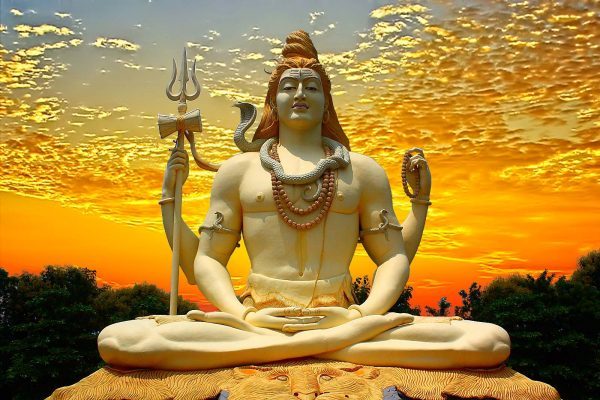An important Hindu festival, Mahashivratri is celebrated every year in honor of Lord Shiva. The name literally translates to “great night of Shiva” and the festival is celebrated in India and Nepal too. It is celebrated on the new moon day in the month of Maagha according to the Hindu calendar. This festival is particularly important in the Shaivism tradition of Hinduism. It is celebrated in honor of Lord Shiva, who is an important deity in Hindu culture.
Mahashivratri celebrations
Unlike most Hindu festivals that are celebrated during the day, Mahashivratri is celebrated at night. And furthermore, where most Hindu festivals are a mix of revelry, pomp, and splendor, this particular festival focuses on fasting, introspection meditation on Shiva, self-study, social harmony and an all-night vigil at Shiva temples.
Mahashivratri is celebrated over three or ten days based on the Hindu lunisolar calendar. Every lunar month, there is a Shivaratri (12 per year). The main festival is called Mahashivratri, or great Shivaratri, and this is on 13th night (waning moon) and 14th day of the month Phalguna (Magha). According to the Gregorian calendar, the day falls in either February or March.
Traditions and customs
People follow different traditions and customs on the festival of Mahashivratri. Some devotees observe a strict fast in honor of Shiva. Others go on a diet of fruits and milk while some do not consume even a drop of water. They strongly believe that sincere worship of Lord Shiva this auspicious day absolves a person of sins. The festival is considered especially auspicious for women. While married women pray for the wellbeing of their husbands, unmarried women pray for a husband like Lord Shiva, who is regarded as the ideal husband.
The day begins with devotees waking up early and taking a ritual bath. After wearing fresh new clothes they visit the nearest Shiva temple to give ritual bath to the Shiva Lingam with milk, honey, and water.
The celebration includes maintaining a “jaagaran”, an all-night vigil and prayers, because Shaiva Hindus mark this night as “overcoming darkness and ignorance” in one’s life and the world through Shiva. Offerings of fruits, leaves, sweets, and milk are made, some perform all-day fasting with a Vedic or tantric worship of Shiva, and some perform meditative Yoga. In Shiva temples, “Om Namah Shivaya“, the sacred mantra of Shiva, is chanted through the day. The fast is only broken the next morning when the devotees partake in the prasad being offered to the deity.
This year, Mahashivratri coincides with Ash Wednesday on the 14th of February. Both days are important in their respective faiths and also have the common element of fasting.
Information credit – Wikipedia/ Mahashivaratri Festival/ MAHA SHIVRATRI
ItsGoa/FEB/KDGP


